Rosacea
Understanding and Treating Rosacea
What is Rosacea?
Rosacea is a common skin condition characterized by flushing or persistent redness on the face. It may also cause enlarged blood vessels and small, pus-filled bumps. This condition is often mistaken for acne, dermatitis, or other skin issues, making professional diagnosis crucial for effective treatment.
Rosacea Symptoms and Impact to the Skin
Rosacea primarily affects the central face, including the nose, cheeks, forehead, and chin. Symptoms include persistent redness, visible blood vessels, swelling, and acne-like breakouts. In some cases, rosacea can extend to the eyes, causing dryness, irritation, and swollen eyelids. These symptoms can lead to physical discomfort and emotional distress, impacting self-esteem and overall quality of life.
Professional Care at The Dermatology & Skin Surgery Center of Wilmington
If you experience ongoing facial or eye symptoms, schedule an appointment with The Dermatology & Skin Surgery Center of Wilmington for a thorough diagnosis and treatment. Our team of expert dermatologists is dedicated to identifying and managing rosacea, offering personalized care tailored to your unique needs.
Commitment to Your Skin Health
At The Dermatology & Skin Surgery Center of Wilmington, we are committed to helping you achieve healthy, confident skin. Our comprehensive approach to treating rosacea includes topical medications, oral antibiotics, laser therapy, and personalized lifestyle recommendations. We collaborate with you to create a customized treatment plan that addresses your specific concerns and promotes long-term skin health.Take the first step towards managing rosacea and improving your skin's appearance by scheduling your consultation. Our expert care will help you regain your healthy skin confidence and enhance your overall well-being.
Examples of Rosacea
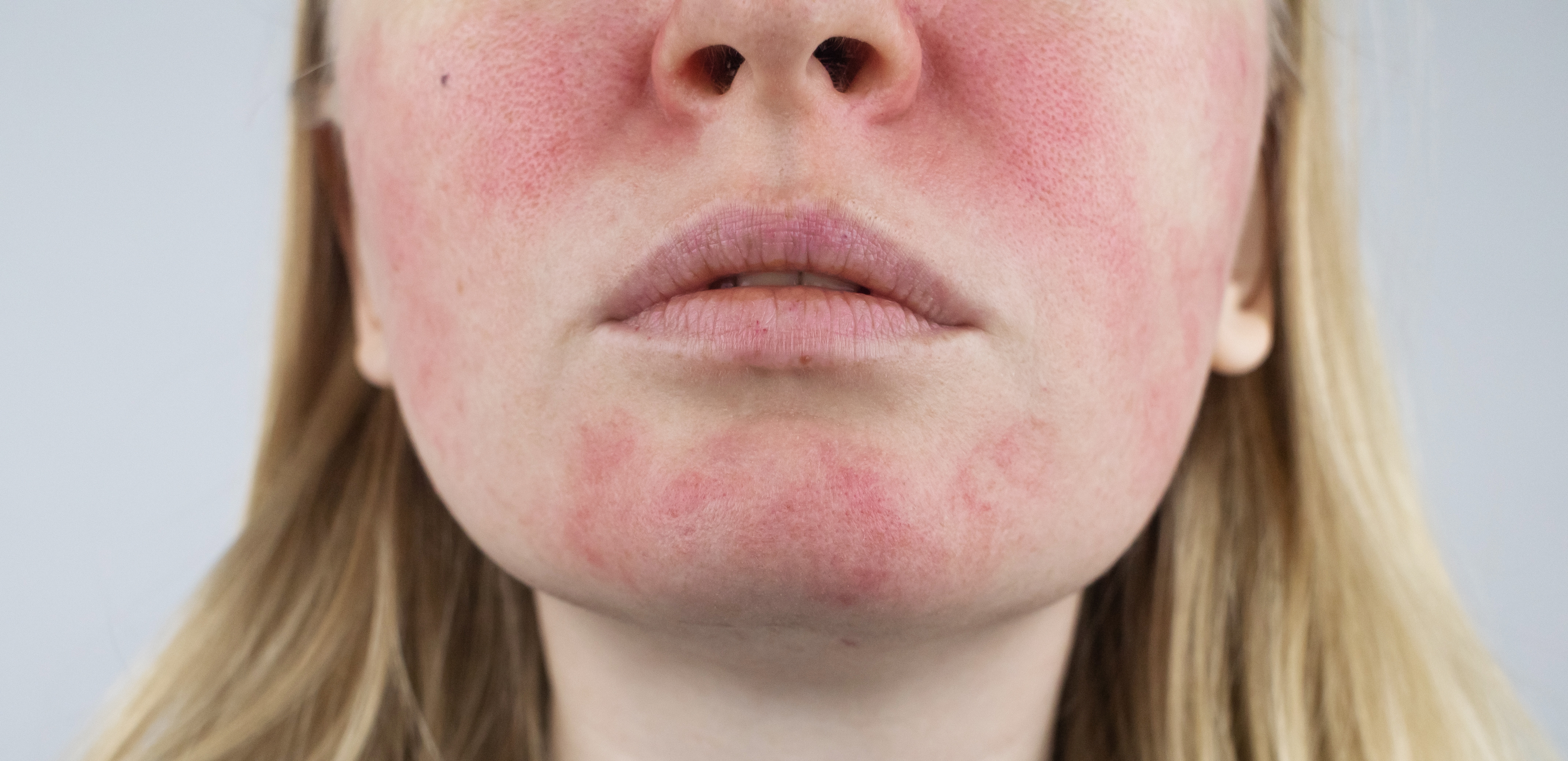
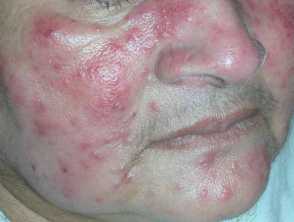
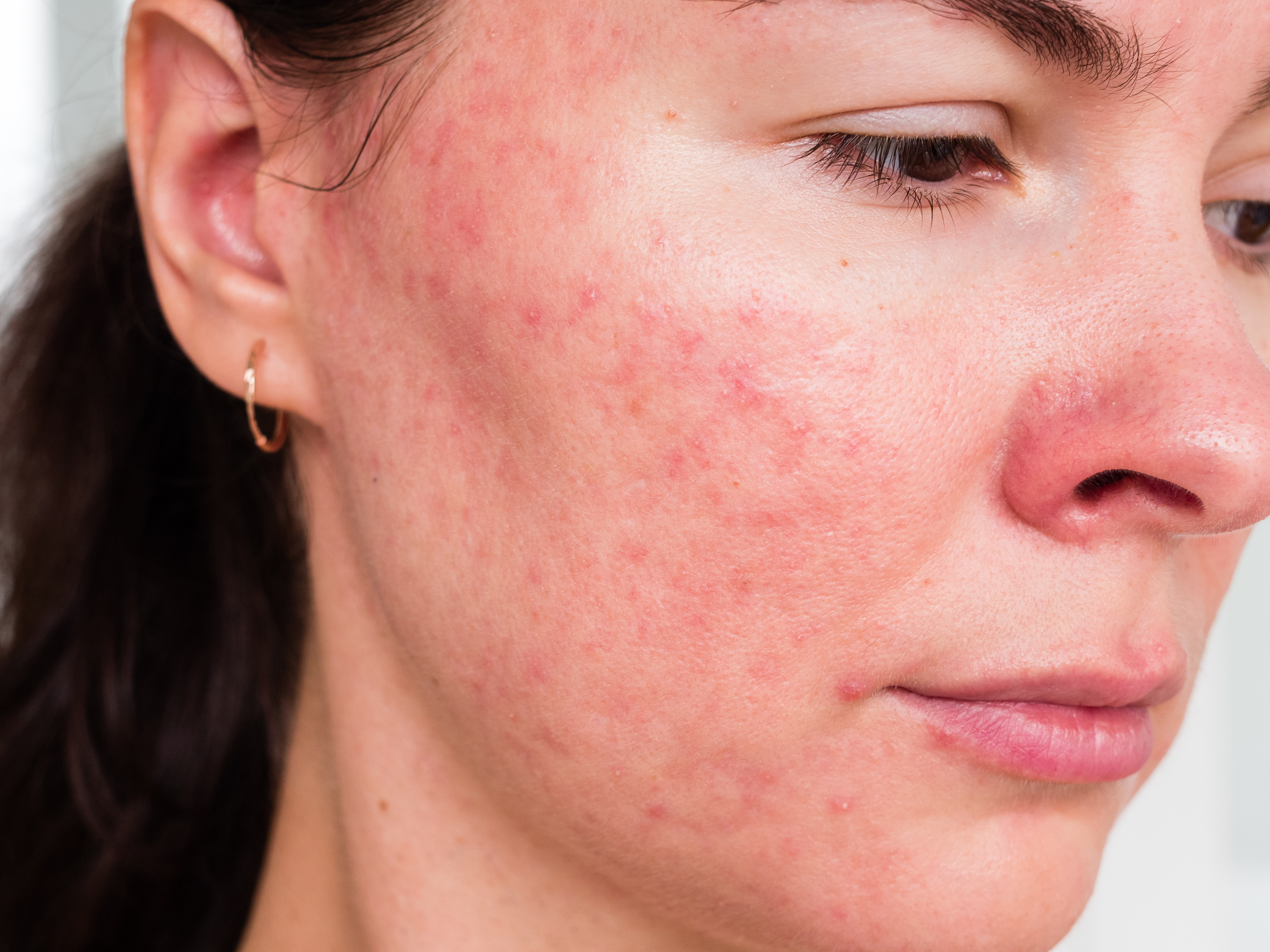
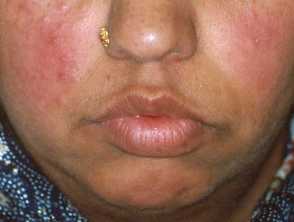
What are the Symptoms of Rosacea?
- Facial redness.
- Acne-like bumps.
- Enlarged nose.
- Facial spider veins.
- Swollen or thickened skin.
- Burning sensation
- Flushing.
Causes of Rosacea
- Combination of genetic, environmental, and vascular factors likely contribute to its development.
- Abnormalities in the face blood vessels.
- Reaction to microscopic mites commonly found on the face.
How to Prevent Rosacea
While there is no guaranteed way to prevent rosacea, certain lifestyle modifications and skincare practices may help reduce the risk of developing symptoms or minimize their severity. Here are some tips to potentially prevent or manage rosacea:
- Sun Protection: Protect your skin from the sun by using a broad-spectrum sunscreen with at least SPF 30.
- Gentle Skincare Routine: Adopt a gentle skincare routine using mild, fragrance-free cleansers and moisturizers.
- Temperature Control: Stay cool in warm weather and protect your face from harsh winds in cold weather.
- Dietary Considerations: While there is no specific "rosacea diet," some individuals find that certain foods can trigger their symptoms. Pay attention to your diet and note any patterns in symptom aggravation.
- Avoid Harsh Skincare Procedures: Steer clear of harsh skincare treatments such as chemical peels or abrasive exfoliants, as they may irritate the skin.
- Use Hypoallergenic Products: Choose hypoallergenic and non-comedogenic skincare and makeup products to reduce the risk of skin irritation.
- Consult a Dermatologist: If you notice persistent redness, flushing, or other symptoms suggestive of rosacea, consult with a dermatologist for a proper diagnosis and personalized treatment plan.
Rosacea FAQs
Identifying and avoiding triggers like spicy foods, alcohol, and extreme temperatures can help manage flare-ups. A gentle skincare routine, including mild cleansers and moisturizers, is essential.
You can still wear makeup with rosacea, but it's crucial to choose products designed for sensitive skin. Mineral-based or hypoallergenic makeup is often a good choice. Consult with a dermatologist for recommendations.
Sunscreen is crucial for rosacea-prone skin. Opt for a broad-spectrum, SPF 30 or higher sunscreen, and apply it daily. Sun protection helps prevent flare-ups triggered by sun exposure.
Rosacea is a chronic condition, but with proper management and treatment, symptoms can be controlled. Working with a dermatologist to find an effective treatment plan is essential.
From Our QualDerm Family of Brands: Sunscreen Tips
How to Treat Rosacea
To begin your personalized rosacea treatment plan, schedule an appointment with us now for expert guidance and care.
Featured Blogs
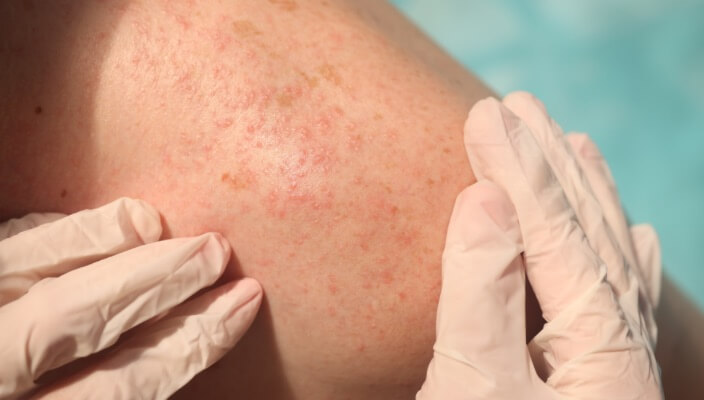
- General Dermatology
- Chronic Skin Conditions
At The Dermatology & Skin Surgery Center of Wilmington, we understand how hard it can be to distinguish eczema and psoriasis from one another.
Read More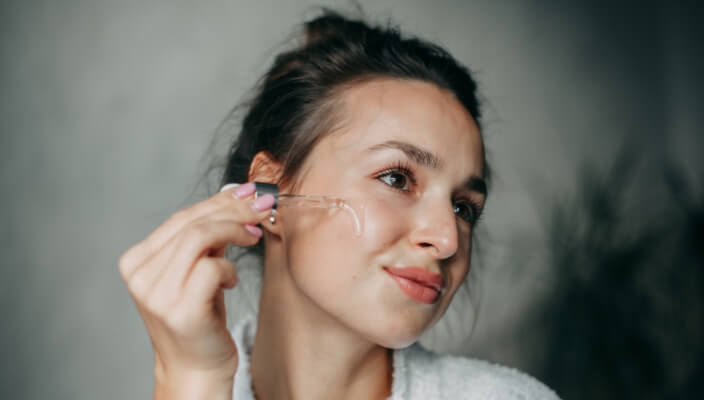
- Skin Care
Whether you’re searching for a serum, face mask, eye cream, or something else, we’re here to help you find effective skincare routine extras that are dermatologist-recommended and proven to contribute to a healthy complexion.
Read More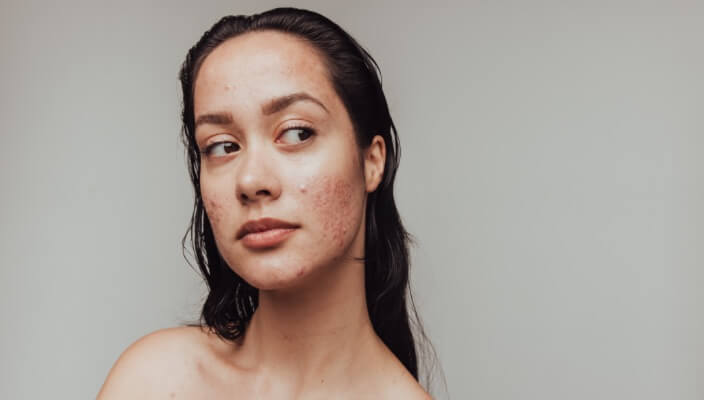
- Skin Cancer
- General Dermatology
- Chronic Skin Conditions
Learn more about the most common types of skin lesions we see at Westerville Dermatology and how our dermatologists remove them.
Read MoreFeatured Products
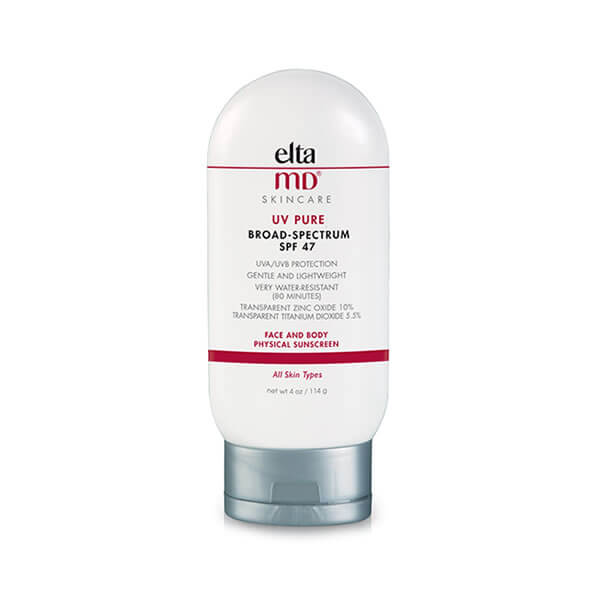
EltaMD UV Pure SPF 47
For those who want chemical-free active ingredients, EltaMD UV Pure is the ideal daily sunscreen. Great for children and adults, the gentle formula glides on wet or dry skin and rubs in quickly. UV Pure is formulated with purely physical active ingredients which are photostable. 4 oz / 114 g
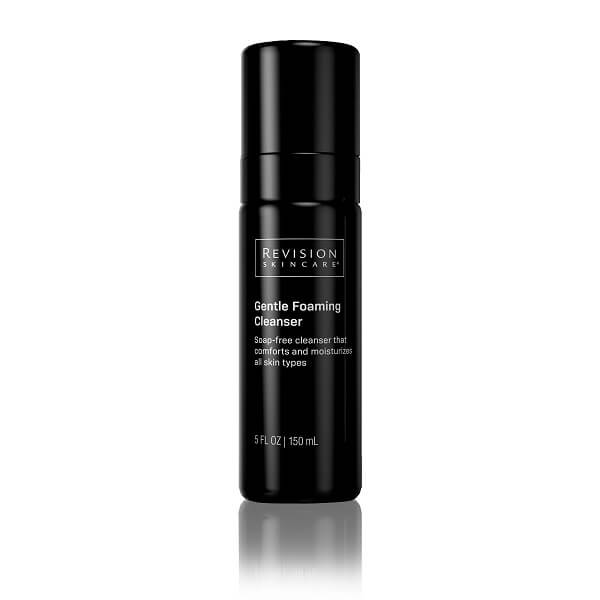
Revision Gentle Foaming Cleanser
Revision Gentle Foaming Cleanser is a soap-free cleanser that comforts and moisturizes all skin types. 5 fl oz / 150 mL
